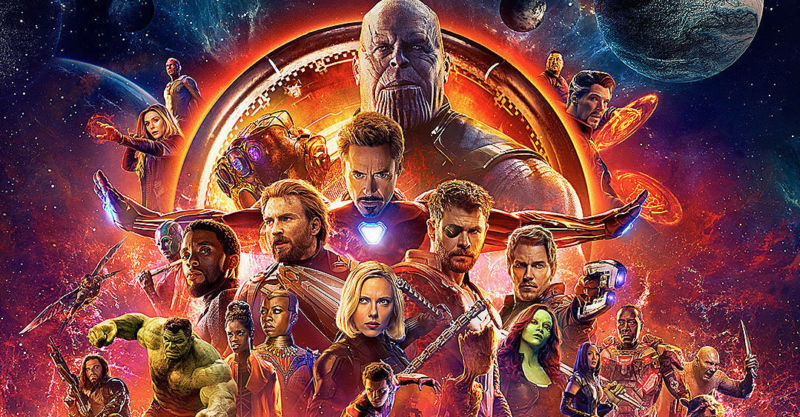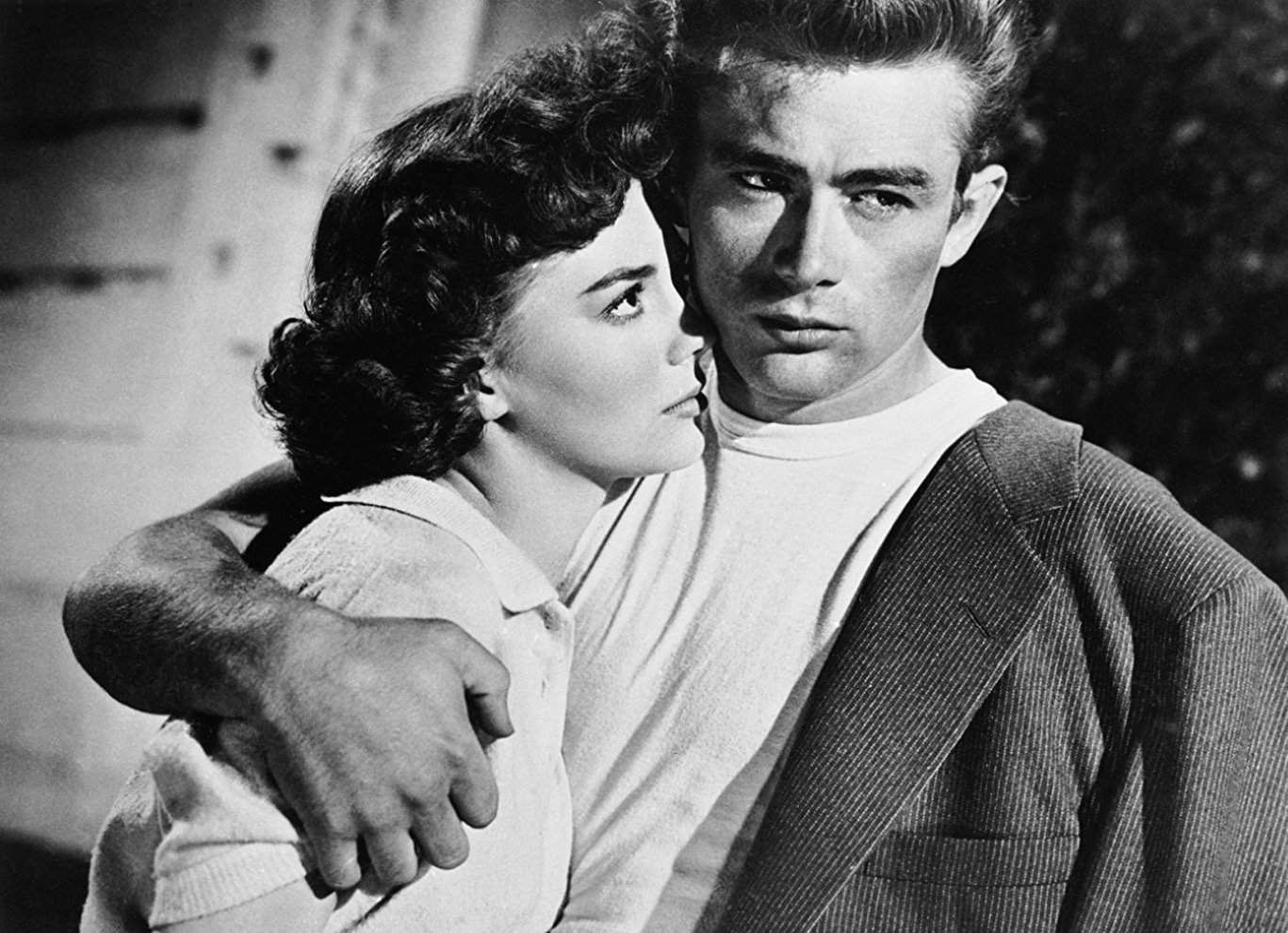
Marvel Studios
After 10 years and with 18 films in his back pocket that grossed more than $14 billion, Kevin Feige has to be congratulated for making a grand plan come together in the form of Marvel Studio’s latest blockbuster “Avengers: Infinity War.”
Feige, the president of Marvel Studios, should be dubbed Mr. Fantastic because as a filmmaker, he is every bit the mastermind and creative genius that the fictional leader of the Fantastic Four is on the printed pages of Marvel Comics. Feige plotted the course that led to the landing of this massive movie which fulfills the big-screen dreams of every kid who ever had their minds blown by a Marvel Comic.
Likewise, the film’s co-directors Anthony and Joe Russo have to be applauded for keeping this film together, and having it deliver so well on so many accounts. Screenwriters Christopher Markus and Stephen McFeely, who also penned the scripts for the Russo Brothers’ other Marvel hits “Captain America: Winter Soldier” and “Civil War,” pulled off the Herculean task of servicing nearly three dozen characters with moments to shine but also paced the script in a manner that its two-and-a-half hour running time didn’t seem ponderous.
The film isn’t perfect. Those who aren’t up on their Marvel movie lore, will need a scorecard and possibly a flowchart to keep up. The film is heavy with characters that are strewn across the universe, and even a veteran of every Marvel film might have a bit of trouble keeping track with all the ins and outs of the movie. The picture is a bit exhausting but in a good way.
It’s an E-ticket ride if I have ever been on one.
What’s an E Ticket?
Back in the day, E-ticket rides were the best rides Disney Land and Disney World had to offer, and in terms of thrills, scope, humor, and stakes this movie delivers like Space Mountain on crack.
The film also makes good on the promises made by “The Avengers” in 2012 and “The Guardians of the Galaxy” in 2014 by providing a menace mighty enough in Thanos the Mad Titan to send chills down the spines of the super heroes we’ve all come to love.
Most of the major characters introduced over the years in the Marvel films make an appearance, and they are put through their paces by Thanos and his war party progeny The Black Order.
Thanos (James Brolin) is the best villain Marvel Studios has committed to screen. In fact as the non-heroic lead of the film, he’s actually an anti-hero in the classical sense of the word. However, Thanos thinks he is the hero of the story, and that’s why the character is so strong. You can almost sympathize with him, except for his genocidal tendencies. Thanos see himself as the only one bold enough to sacrifice half the life in the universe so the the rest might live in relative abundance.
To conduct this mass thinning of the herd, Thanos must gather the Infinity Stones that power the Infinity Gauntlet, which when combined together will give him the ultimate power to make his mad plan come true.
Standing in the way, of course, are the Avengers, the Guardians of the Galaxy, and heroes like Black Panther (Chadwick Boseman), Doctor Strange (Benedict Cumberbatch), and Spider-Man (Tom Holland).
In the tried-and-true comic-book crossover method, the heroes are split into groups to fulfill various missions before those who survive come together in Black Panther’s homeland of Wakanda for one last desperate attempt to defy Thanos’ plans.
Do they succeed?
You’ll have to see the movie to find out.
(PG-13) 2 hr. 36 min.
Grade: A
Classic Corner

Warner Bros.
No Hollywood star had a shorter career than James Dean, but it can also be argued that few burned as hot and bright.
With the beginning, middle, and end of his career being “East of Eden,” “Rebel Without a Cause,” and “Giant,” Dean gave three outstanding performances in three classic films. Like Marlon Brando, Dean was one of the few naturalistic stars of his day, and all three of his performances were powerful and compelling, so much so that he received posthumous Oscar nominations for his role as Jim in 1955’s “Rebel Without a Cause” and as Jett Rink in 1956’ “Giant.”
Viewed through modern eyes, “Rebel Without a Cause” may seem too melodramatic, almost campy, to be enjoyed, but given half a chance, the move becomes engrossing.
Was Dean too over the top as the misunderstood and angst-ridden Jim, or was his performance on a higher plane than his co-stars? Consider that while watching the movie.
Dean’s character is frustrated by his hen-pecked father Frank (Jim Backus), who always acquiesces to his domineering wife Carol (Ann Doran).
Director Nicholas Ray generally shoots Backus in a submissive position to his co-star Doran. He’s often crying, and in one effective scene, wearing an apron while down on his knees. Jim longs for his father to be a masculine role model but Backus’ Frank rolls over every time. Jim resorts to alcohol to relieve his confusion and emotional pain.
Judy (Natalie Wood) is a teen who longs for her father’s approval, but for whatever strange reason, her dad (William Hopper) finds it difficult to express his love for his teenage daughter. Judy takes to wearing racy — for the time — clothing than only entices his anger. She acts out further. When she meets Jim, at first Judy is unimpressed, but after a tragedy one night, they are drawn together.
Sal Mineo plays Plato, a disturbed young man who commits a heinous act early in the film. He looks up to Jim, and oddly sees him a sort of a father figure, though Jim is just a few years older. Plato’s father abandoned he and his mother when Plato was a child, and now his absentee mother neglects her son, leaving a maid to rear him.
A misunderstanding between Jim and Plato sets the younger boy off, and this does not end well for the trio of youths, who had formed a pseudo family in an attempt to fulfill their emotional needs.
The film is highly melodramatic, but there is true feeling in the work of Dean, Mineo, Wood, and the other other actors. It’s a true step forward for naturalism in American cinema.
Oscar voters also missed the boat by not nominating Ray for an Academy Award for directing because his use of the camera in the film is about as close to poetic as as a filmmaker can get.

